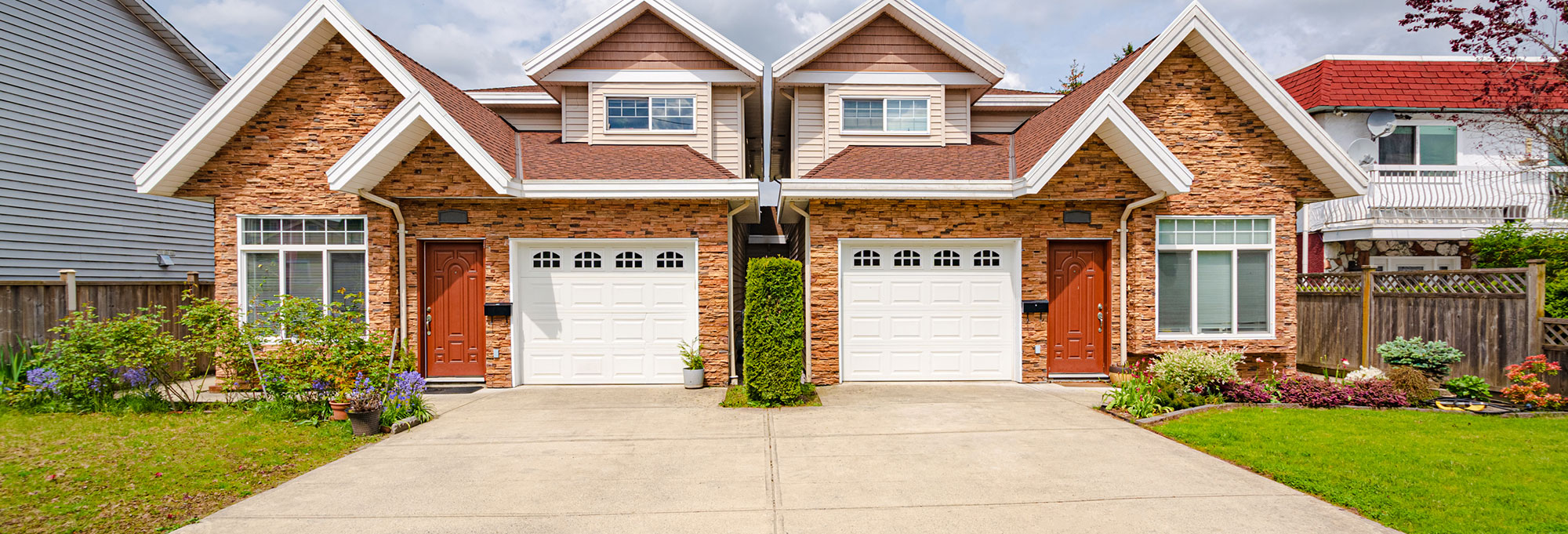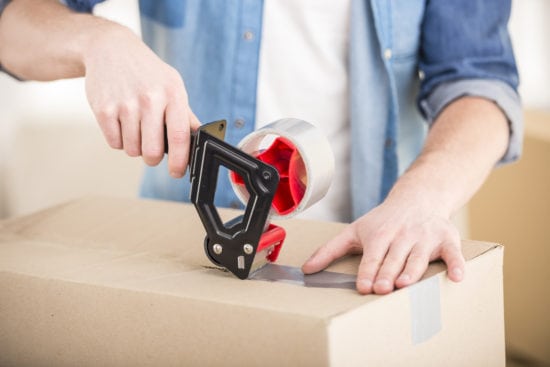The standard notice period under our lease is 30 days and such notice must be given in writing. If you are uncertain as to the proper length of notice to give, consult your Property Manager.
Responsibilities
When you give notice to vacate, you will receive written acknowledgement from us and we will request a preliminary inspection of the property. Also, we need to advertise and show the property prior to your departure and we must have access (with reasonable notice) during normal hours. Therefore, it is important that the property be kept in good order and the general appearance satisfactory at all times. If you have pets, they must be confined or segregated in such a way that the property may be shown without interference. Any other condition which may affect the showing process must be disclosed to your Property Manager.
Final Inspection
When you have determined a date to surrender possession, you should contact your Property Manager to schedule a time for the final inspection (preferably at least one week prior). Most people move during the last few days of a month and appointments are made on a “first come, first served” basis. You should contact us as soon as possible to ensure an inspection time that is compatible with your schedule.
All Utilities Must Be On For The Final Inspection
You should also have any required receipts and all keys (including mailbox) ready to return to the Property Manager. Rent is charged until all keys are returned. All cleaning must be completed prior to the appointment. Once all personal belongings are removed, carpets must be professionally cleaned prior to final inspection with proof by receipt provided to the Property Manager at move-out. Any items not accomplished when the property manager arrives will be completed by contractor with security deposit monies, so it is important that you inspect carefully to ensure nothing is overlooked. If the property is not ready for inspection on the day and time scheduled, you may be assessed a re-inspection fee. You may also be responsible for damages (monetary and otherwise) if your failure to vacate on time results in delays and/or expenses for the property owner and/or new occupants.
Note: Beware of “bargain basement” prices offered by companies (i.e.: carpet cleaning, fireplace, etc.) as the quality of the job is your responsibility.
You are not responsible for normal wear and tear to the property. However, excessive damage due to misuse, abuse or neglect will be assessed against you. We will be happy to provide you guidance at the preliminary inspection on what steps should be taken if problems exist.
Yard: The lawn should be freshly cut, edged and free of leaves, trash and other debris. Holes should be filled with firmly packed soil and reseeded or repaired with sod. Any remaining damage to the yard will be corrected at your expense. Flower beds must be free of weeds and bushes are to be trimmed.
Exterior: Driveways/parking spaces will be free of excessive grease or oil. Solvents are available at most hardware stores which will safely remove oil/grease deposits. The exterior walls should be free of damage and excess dirt or mud. Excess accumulations of mildew can be treated with solution of one part bleach to three parts water and then thoroughly rinsed with a hose. Gutters and down spouts should be clear of leaves and debris at the time of inspection.
Storage Rooms/ Garages must be empty (other than items which belong with the property), cleaned and swept. Floors should be clean and dry for the inspection.
Interior: Windows should be clean and free of decals. Windowsills should be free of bugs, dust, leaves, etc. Close storm windows and ensure that screens are intact and clean. Any window treatments provided by the owner should be clean and neatly hung. Blinds and shades should be clean and operational.
Vinyl/tile floors should be swept and mopped clean. Door thresholds should be cleaned of accumulations of dirt. Moldings and baseboards should be free of dust/dirt.
Walls and ceilings should be free of cobwebs. Large smudges, crayon marks, food stains and oil or grease or the like are not considered normal wear and tear. Ceilings should be brushed lightly with a broom. Damage to walls due to the installation of adhesive papers, hangers, decals, etc. are not considered normal wear and tear. Nails and the like should be removed from the walls.
Bathrooms should be cleaned and the walls, floors, fixtures, etc. should be free of soap residue. Grout and caulk should be free of mildew. Clean accumulations of dust/lint around exhaust fans. Clean fiberglass tubs, sinks, showers, etc. with non-abrasive cleansers only. Damage to fiberglass from the use of abrasives is very expensive to correct and will be assessed against you.
Light fixtures should be free of dirt, dust, bugs, etc. Working bulbs of the proper type and size should be in every fixture.
Appliances should be thoroughly cleaned inside and out. Stoves and refrigerators should be pulled out and cleaned behind/ underneath. Most stovetops will lift to allow you to clean under the burner area. Burner pans should be thoroughly cleaned or replaced. The dishwasher should be clean inside and free of mildew or standing water. All parts (flatware basked, racks, accessories, etc.) will be intact and operational.
The range hood should be clean and free of grease. The hood filter can be cleaned by running through the dishwasher or a replacement can be obtained.
Ensure that all articles are removed from the cabinets including shelf paper and shelves wiped down.
HVAC filters are to be replaced immediately prior to final inspection.
All smoke alarms are to be operational.





